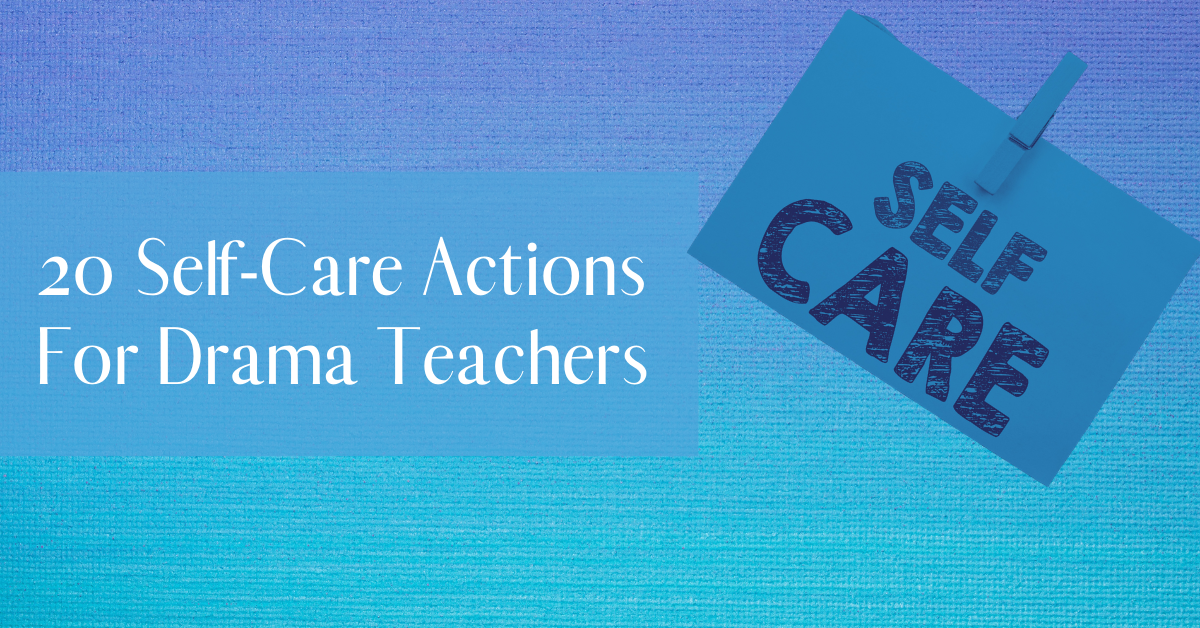A squirt gun would never be mistaken for a real gun, right? Dive into the thought-provoking world of Water. Gun. Argument and challenge what we choose to believe. A thought provoking and powerful piece in a docu-theatre style.
20 Ways to Praise Your Students
Let’s face it, we all love praise. Being recognized for our efforts and achievements can reward, motivate and inspire us. As educators, delivering effective praise to our students is an important part of teaching. So, how do you make sure the power of praise is doing its job to keep your students moving forward in the right direction?
We have 20 tips to help ensure your praise hits its mark:
1. Be specific: Let students know what they did to earn praise.
2. Be selective: Praising everything all the time lessens effectiveness.
3. Be aware: Some students like being praised in front of their peers, some do not.
4. Be sincere: A random “Awesome!” doesn’t really motivate students.
5. Be subtle: “You’re awesome, this is the best ever!” sounds insincere and sets a low bar.
6. Be silent: Praise doesn’t have to be verbal – eye contact and a smile work too.
7. Be strategic: Plan to praise. Pick students to observe and praise each class.
8. Be rewarding: Praise effort with action – a student chosen activity at the end of class.
9. Be demanding: Don’t praise things you expect students to do. Praise excellence.
10. Be clear: Do students know your expectations?
11. Be encouraging: Acknowledge when students don’t give up.
12. Be immediate: Acknowledge effort and engagement as they happen.
13. Be observant: Show students you are paying attention to their work.
14. Be behaviour-driven: Acknowledge the behaviour rather than the student.
15. Be descriptive: Describe the behaviour that lead to your praise.
16. Be honest: Don’t praise one student just to get the whole class to do something.
17. Be singular: Don’t praise one student in comparison to others.
18. Be fully positive: Don’t mix positive words with negative body language.
19. Be communicative: Don’t just contact parents with negative things, contact with praise too.
20. Be reflective: Ask students to identify actions that led to a successful outcome.



